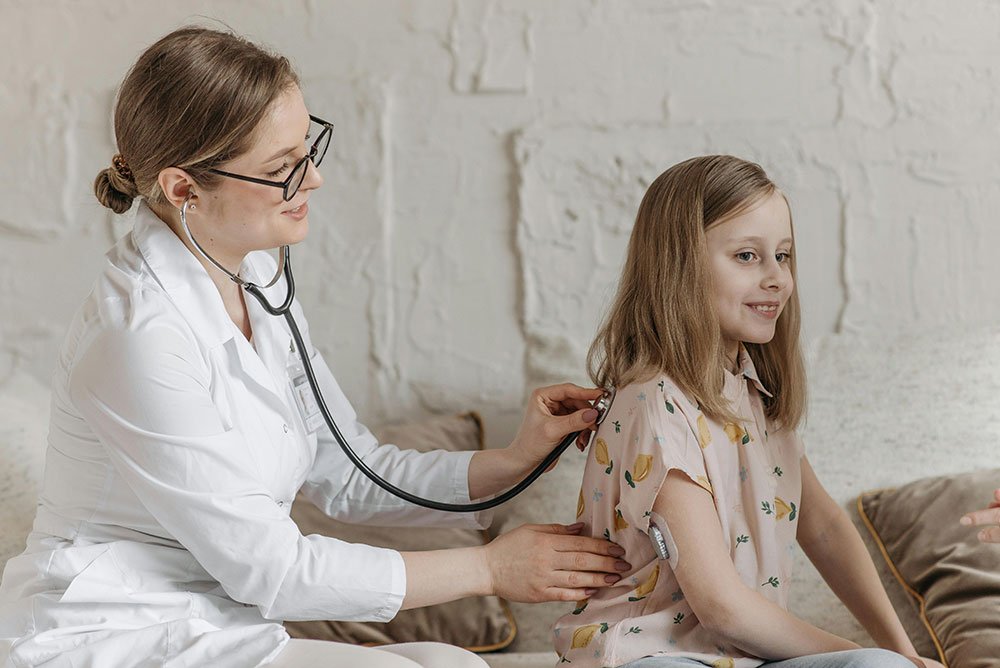
Pediatric Oncology: Challenges and Triumphs
Cancer in children presents a unique set of challenges and demands a distinctive approach, not just in treatments but in the overall support systems involved. The field of pediatric oncology has seen notable progress over the years, resulting in significantly improved outcomes for young patients. However, the journey is fraught with numerous hurdles — emotional, physical, and financial. Among the myriad of conventional therapies, homeopathy has also found its way into supportive care, providing an additional layer of support for children undergoing cancer treatment.
This article delves into the unique aspects of pediatric oncology, highlighting the specialized treatments, triumphs, and how homeopathy plays a role in caring for children with cancer.
The Unique Challenges in Pediatric Oncology
Pediatric cancer differs from adult cancer in many ways, necessitating specialized care and treatment strategies. Children’s bodies are still growing, making them both more resilient and at the same time more susceptible to the adverse effects of cancer treatments. Here, the challenges are not just medical but encompass the child’s overall development, including their emotional and psychological well-being.
- Tailored Treatments: Cancer treatments for children are specially tailored to reduce side effects while maximizing effectiveness. This includes adjusted dosages and innovative therapies designed for young, developing bodies.
- Emotional and Psychological Support: Pediatric cancer treatment goes beyond the physical aspects, integrating services to support the child’s mental health and emotional needs. This holistic approach involves counseling, play therapy, and educational services to ensure that children can continue learning and growing.
Advancements and Innovations in Pediatric Oncology
Recent years have witnessed significant advancements in the treatments available for pediatric oncology. These triumphs include better-targeted therapies, improved survival rates, and a greater emphasis on minimizing long-term side effects.
- Targeted Therapy and Immunotherapy: These treatments focus on the specific characteristics of cancer cells, offering a more personalized approach to attacking the disease. Immunotherapy, for example, harnesses the power of the body’s immune system to fight cancer, often with fewer side effects than traditional chemotherapy.
- Survivorship and Quality of Life: There’s an increasing focus on not just surviving cancer but ensuring a high quality of life for survivors. This includes managing long-term side effects of treatment and providing ongoing support as children transition into adulthood.
The Role of Homeopathy in Supporting Pediatric Cancer Patients
Homeopathy offers supportive care to children undergoing conventional cancer treatments. It is used primarily to help mitigate side effects and improve general well-being, rather than as a direct treatment for cancer.
- Managing Side Effects: Homeopathic treatments may be utilized to help alleviate some of the side effects of conventional cancer treatments, such as nausea, fatigue, and anxiety. These homeopathic treatments are tailored to the individual and used alongside standard treatments.
- Supporting Overall Well-being: Beyond managing side effects, homeopathy can play a role in supporting the child’s overall well-being during treatment. This includes aspects of emotional and psychological health, where homeopathic treatments are part of a broader approach to care.
Ethical Considerations and Informed Decision-Making
When integrating homeopathy with conventional cancer treatments in children, ethical considerations and informed decision-making are paramount. It’s essential for healthcare providers and parents to engage in open discussions regarding the evidence supporting homeopathic treatments, the goals of care, and the importance of integrating these with conventional treatments in a safe and effective manner.
Conclusion
Pediatric oncology is a field marked by specialized challenges but also significant triumphs. The advancements in treatment and supportive care have dramatically improved the outlook for children with cancer, offering hope where there was once despair.
As we explore the role of complementary treatments like homeopathy within pediatric oncology, the focus remains on ensuring these interventions are used ethically and effectively, always prioritizing the well-being and best interests of the child. As research continues and care models evolve, the aim is to not only cure cancer but also ensure a future where survivors thrive, free from the burdens of their disease and treatment.
Recent Post Articles
Homeopathy for Hair Loss During Cancer Treatment: What Works?
One of the most distressing side effects of cancer treatment, particularly chemotherapy, is hair loss…
The Science Behind Homeopathy and Cancer Treatment
Homeopathy is a form of alternative medicine that focuses on individualized treatments using highly…
Addressing Digestive Issues in Cancer Treatment with Homeopathy
Digestive issues are common side effects experienced by cancer patients during treatment, affecting…





